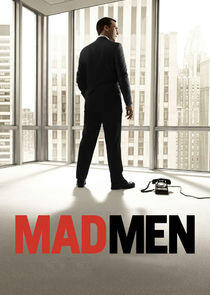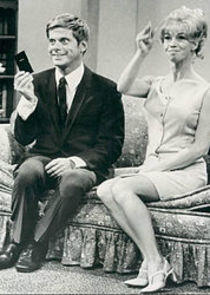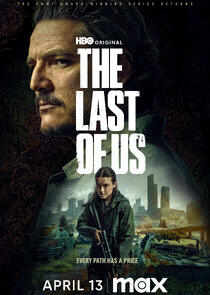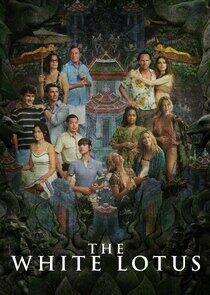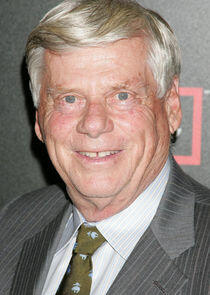
Robert Morse
For his roles on Broadway, Morse won two Tony Awards; the first for Best Actor in a Musical for playing J. Pierrepont Finch in How to Succeed in Business Without Really Trying (1961), a role which he reprised in the 1967 film adaptation; the second for Best Actor in a Play for portraying Truman Capote in the one-man play Tru (1988), a role which he reprised in the 1992 television production, earning him a Primetime Emmy Award for Outstanding Actor in a Limited Series or Movie. Morse was also Tony-nominated for Say, Darling (1959), Take Me Along (1960), and Sugar (1973). Morse acted in his final stage role in the Broadway revival of the newspaper comedy The Front Page from 2016 to 2017.
Morse acted in the films The Matchmaker (1958), The Cardinal (1963), and A Guide for the Married Man (1967). Known for his television roles, he played Robert Dickson in the ABC comedy series That's Life from 1968 to 1969, for which he was nominated for Primetime Emmy Award for Outstanding Variety Series. Morse attained a career resurgence playing Bertram Cooper in the critically acclaimed AMC period drama series Mad Men from 2007 to 2015. The role earned him nominations for five Primetime Emmy Award for Outstanding Guest Actor in a Drama Series. He portrayed Dominick Dunne in the FX limited series The People v. O. J. Simpson: American Crime Story (2016).
Biography from the Wikipedia article Robert Morse. Licensed under CC-BY-SA. Full list of contributors on Wikipedia.
Known For
Recently Updated Shows
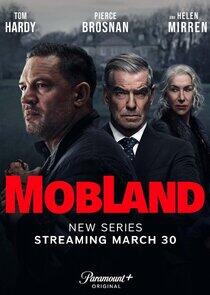
MobLand
With the most powerful clients in Europe, MobLand will see family fortunes and reputations at risk, odd alliances unfold, and betrayal around every corner; and while the family might be London's most elite fixers today, the nature of their business means there is no guarantee what's in store tomorrow.
MobLand follows two generations of gangsters, the businesses they run, the complex relationships they weave and the man they call upon to fix their problem.
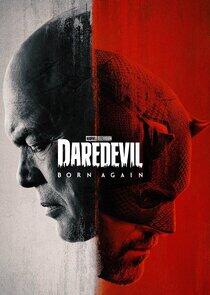
Daredevil: Born Again
Matt Murdock finds himself on a collision course with Wilson Fisk when their past identities begin to emerge.
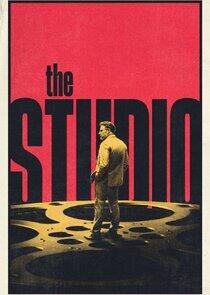
The Studio
As movies struggle to stay alive and relevant, Matt and his core team of infighting executives battle their own insecurities as they wrangle narcissistic artists and craven corporate overlords in the ever-elusive pursuit of making great films. With their power suits masking their never-ending sense of panic, every party, set visit, casting decision, marketing meeting, and award show presents them with an opportunity for glittering success or career-ending catastrophe. As someone who eats, sleeps, and breathes movies, it's the job Matt's been pursuing his whole life, and it may very well destroy him.

